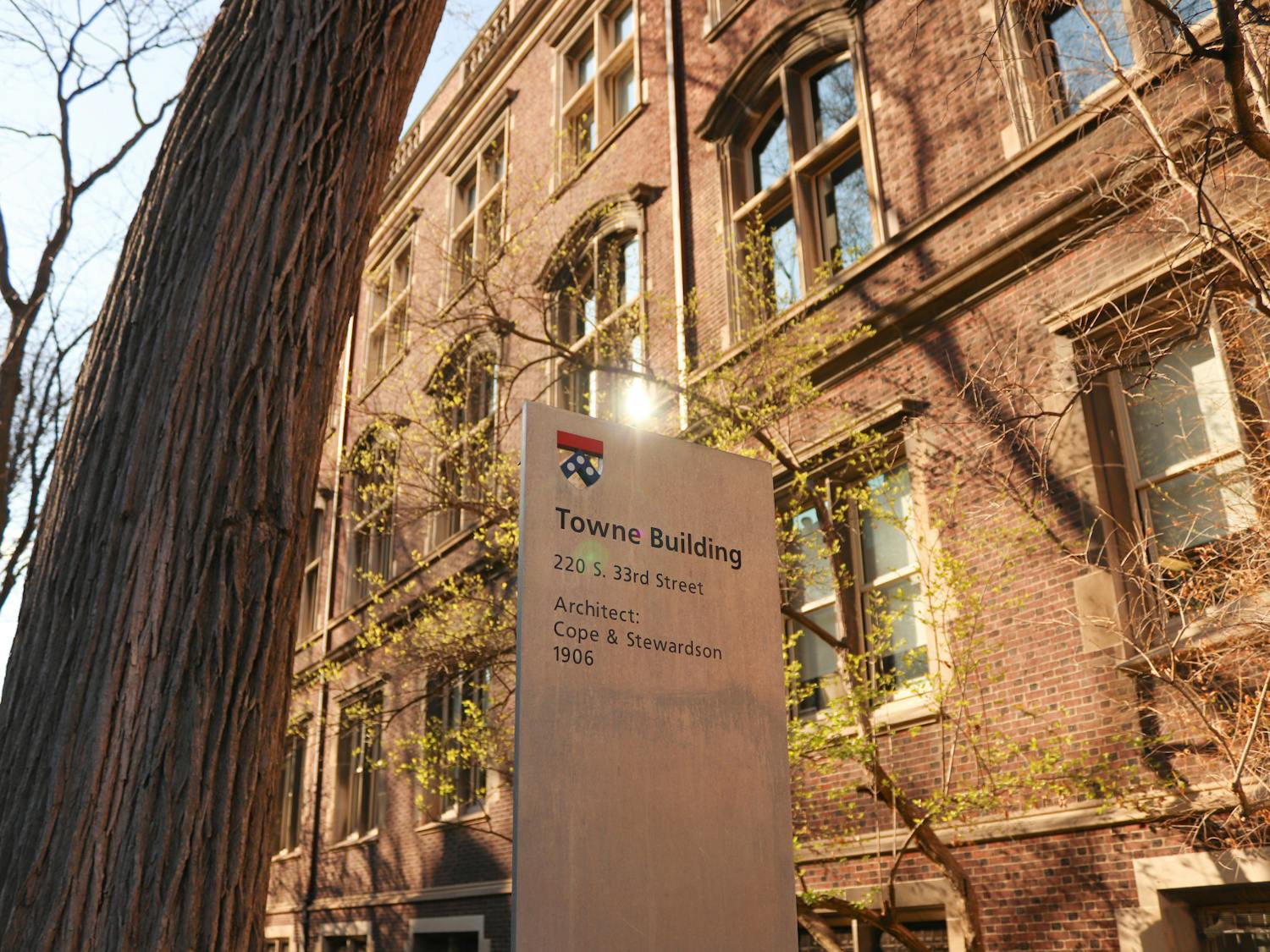The Transport Workers Union has a history of strikes but has yet to make good on its current threats. As the bitter negotiations between SEPTA and its main union move into their 18th deadlocked day, one question remains on the minds of riders, SEPTA leadership and union members: will the union's leadership actually call a citywide transit strike? Indeed, while the union has recently ratcheted up its public attacks at SEPTA -- going so far as to call the agency's chief strategist a "tyrant" -- it has not yet taken advantage of the many opportunities it has had to strike. The union's continued, but unfulfilled, threats to close down all of the city's buses, trolleys and subways raise questions about whether it is actually willing to take the risk of a protracted strike, or whether the threats are merely a ploy to keep the heat on SEPTA management to give up ground at the negotiating table. The union, however, is no stranger to striking. It has shut down SEPTA service six times over the last 23 years, most recently with a two-week strike in 1995. The strike threat is a basic tool of organized labor to put pressure on management and speed up negotiations. Indeed, the consistent strike threat and the pervading uncertainty of whether public transit will be running every morning has worked against SEPTA in the current talks. Passengers' anxiety about being stranded by a strike have caused the transit agency's daily ridership to fall since the strike threat began. During the first week of negotiating after an initial deadline had passed, SEPTA said that ridership declined between 8 percent and 15 percent, costing the agency roughly $250,000. And although SEPTA officials have since reported that ridership has returned to usual levels, the union said last week that it suspects SEPTA's ridership is still dwindling. But while many riders have expressed pro-union sentiments in the current stand-off, a strike might alienate many such supporters. Edward Shils, a Management professor emeritus in the Wharton School, said the public attitude toward the situation has hardened since March 14, when the contract was scheduled to expire and the union announced it would not strike as long as negotiations progressed. "Overall, I feel that the public patience is not there," Shils said. "I feel that if they strike at this time, it's going to be a terribly unpopular strike." The fact that the TWU has not yet struck may mean that it is too frightened by the idea of mass chaos to consider striking at all, Shils added. Moreover, despite last year's United Parcel Service strike -- which had public opinion on its side -- unions have grown weaker nationally and citizens place less trust in them, he said. He added that the daily traffic clogging city streets during a strike would turn the public against the union and thwart the union's success. Another reason why a strike has not occurred is that the two sides have made at least minimal progress on the issues of wages, workers compensation and health benefits. A strike would become possible only when the talks cease -- and they're still continuing. Negotiators for both sides are still meeting at the Franklin Wyndham Plaza Hotel, though union officials have walked out twice since March 14 in efforts to convey frustrations with the negotiations. Early on, union spokesperson Bruce Bodner called contract negotiations "positive." But he has since labeled them "antagonistic" berating SEPTA for its supposed inflexibility on major issues. In response, SEPTA's chief strategist David L. Cohen, Philadelphia Mayor Ed Rendell's former chief of staff, has said there is "virtually no more room for SEPTA to move" within the proposed framework.
The Daily Pennsylvanian is an independent, student-run newspaper. Please consider making a donation to support the coverage that shapes the University. Your generosity ensures a future of strong journalism at Penn.
Donate







